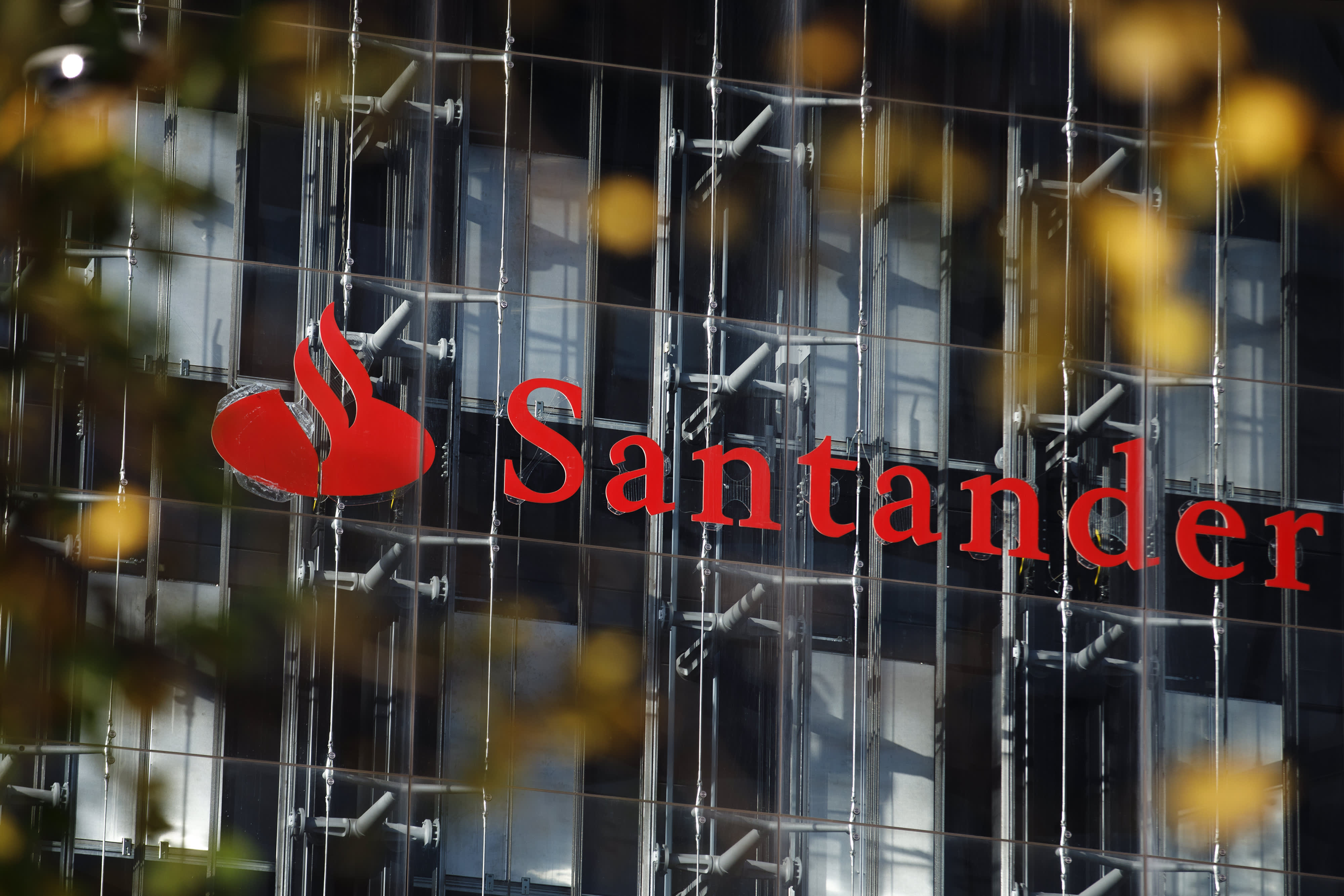Santander launches a buy now, pay later service to take on fintech rivals

A Santander office building in London.
Luke MacGregor | Bloomberg via Getty Images
Spanish bank Santander is launching its own “buy now, pay later” service in Europe, in a bid to fend off fintech rivals from eating its lunch.
The lender said Wednesday it will roll out Zinia, an app that lets shoppers split their purchases across monthly installments interest-free, across its markets this year, starting with the Netherlands.
The technology behind Zinia has been operational in Germany for the past year, where it has already accrued more than 2 million customers, Santander said.
Ezequiel Szafir, CEO of Santander’s Openbank online banking division, said the company aims to “become a leader in the buy now, pay later market.”
He touted “the security and trust provided by a large financial group” as a key factor differentiating Santander’s offering from other BNPL products, such as Klarna and Afterpay.
Buy now, pay later or BNPL programs have gained lots of traction over the past couple of years thanks to accelerated adoption of e-commerce in the coronavirus pandemic.
This has turbocharged the growth of the industry, and led to interest from major companies such as PayPal and Jack Dorsey’s Block, which agreed to purchase Afterpay for $29 billion last August.
Major lenders are looking to get in on the action, with Goldman Sachs agreeing to buy fintech lender GreenSky for $2.2 billion. In the U.K., Barclays has a partnership with Amazon that lets the U.S. e-commerce giant offer customers installment loans.
It could provide them a lucrative new revenue stream at a time when interest rates are at historic lows. Most BNPL firms make money by charging retailers a small fee on each transaction, in return for providing their payment method at checkout.
Still, the surge in demand for BNPL plans has caused concern for regulators, who worry the sector is making it easier for consumers to accumulate debt. In the U.K., the government plans to usher in regulation for BNPL products, while U.S. regulators are probing some of the large providers in the space.




